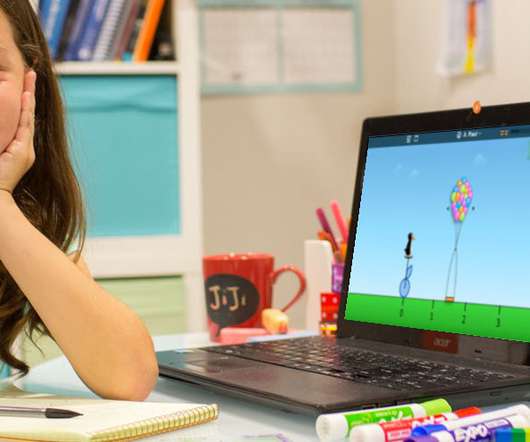?How Game-Based Learning Encourages Growth Mindset
Edsurge
MAY 30, 2017
Like gaming, learning math requires grit and persistence—cornerstones of growth mindset—and is grounded in problem solving, flexible thinking, and pattern recognition. The same kind of tenacity is crucial when learning math. Gamers embrace challenges and use mistakes to learn.















Let's personalize your content